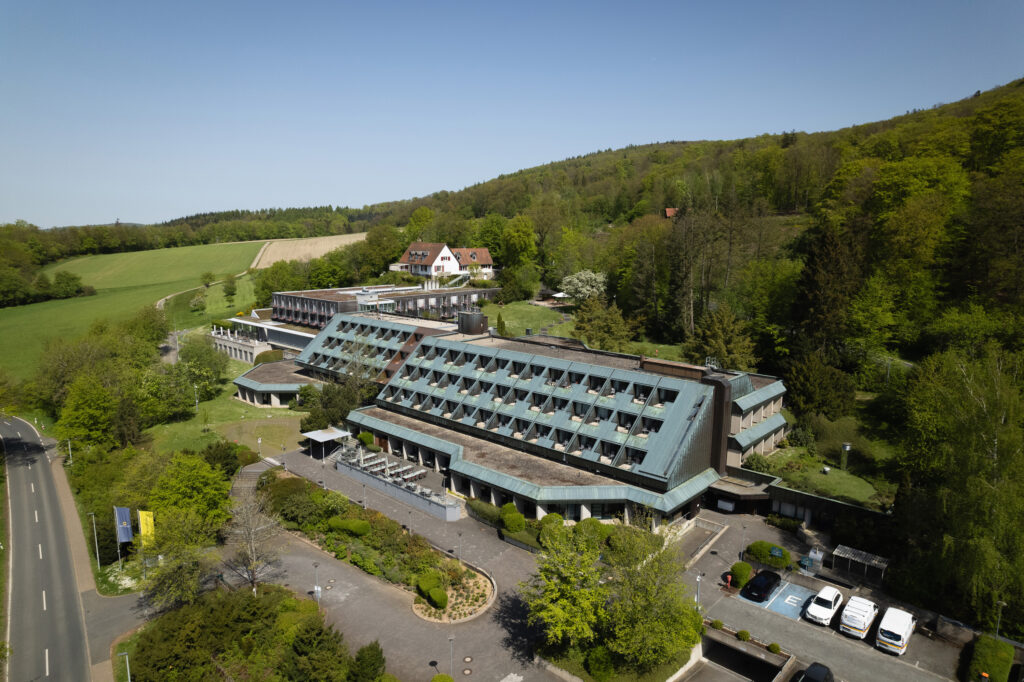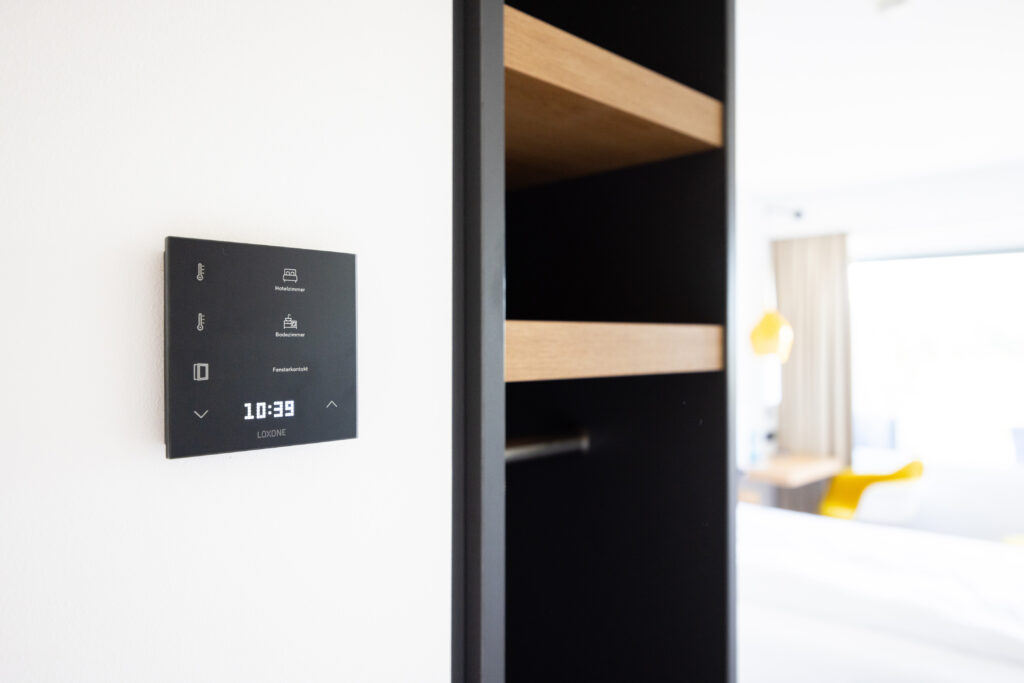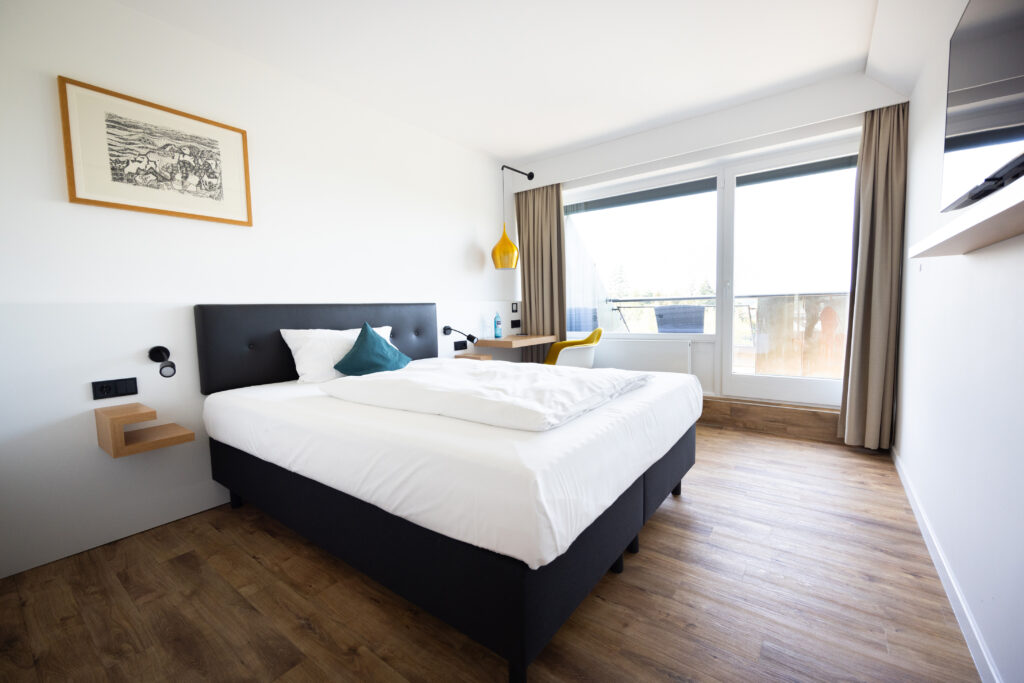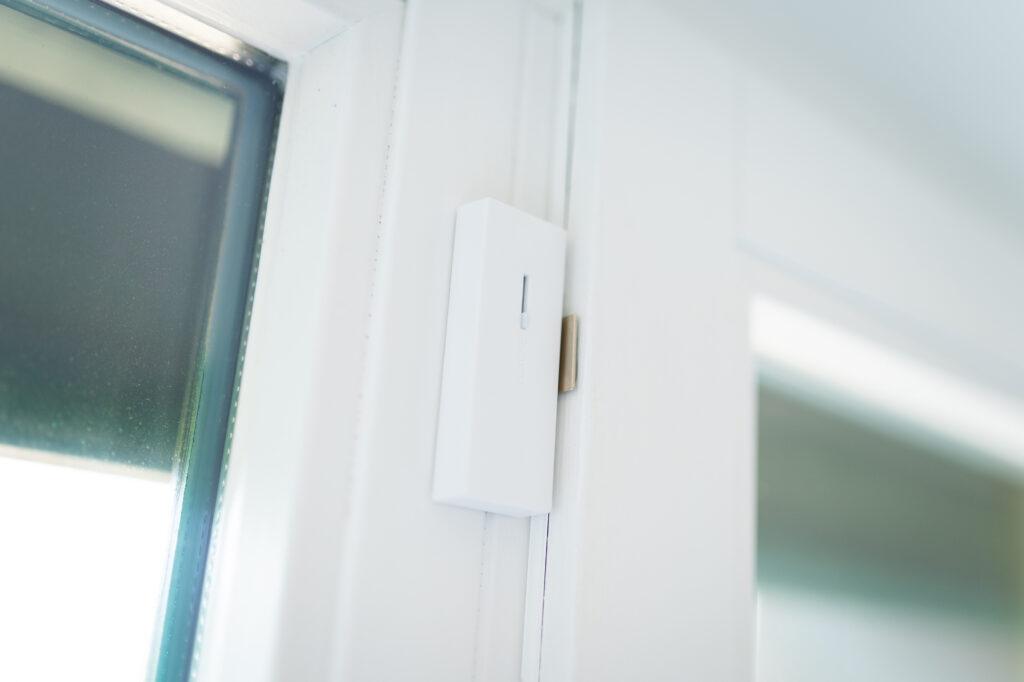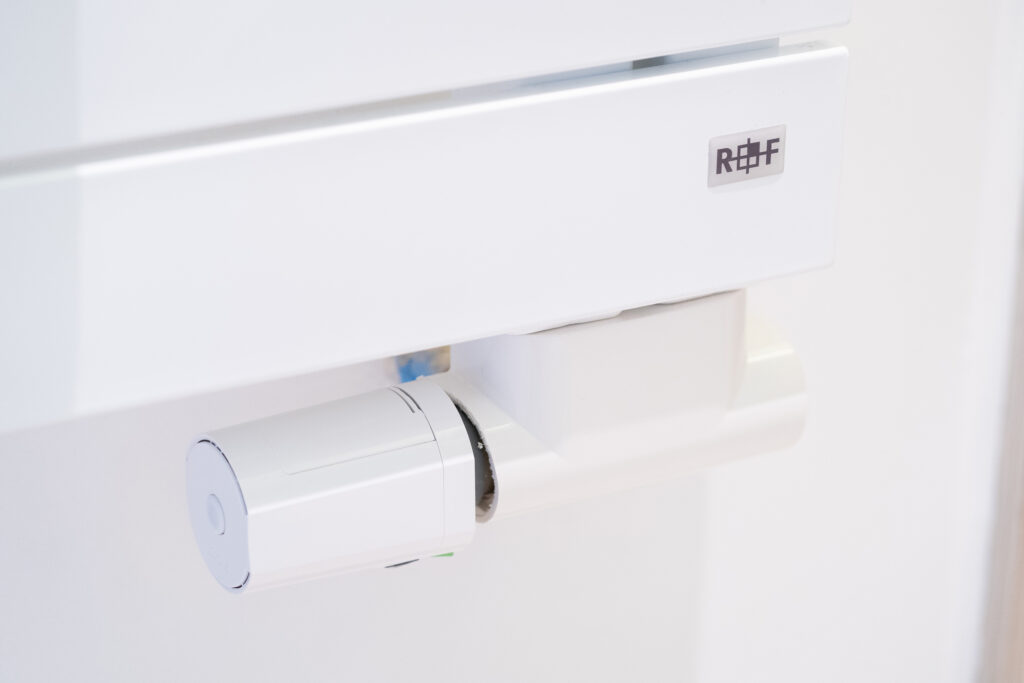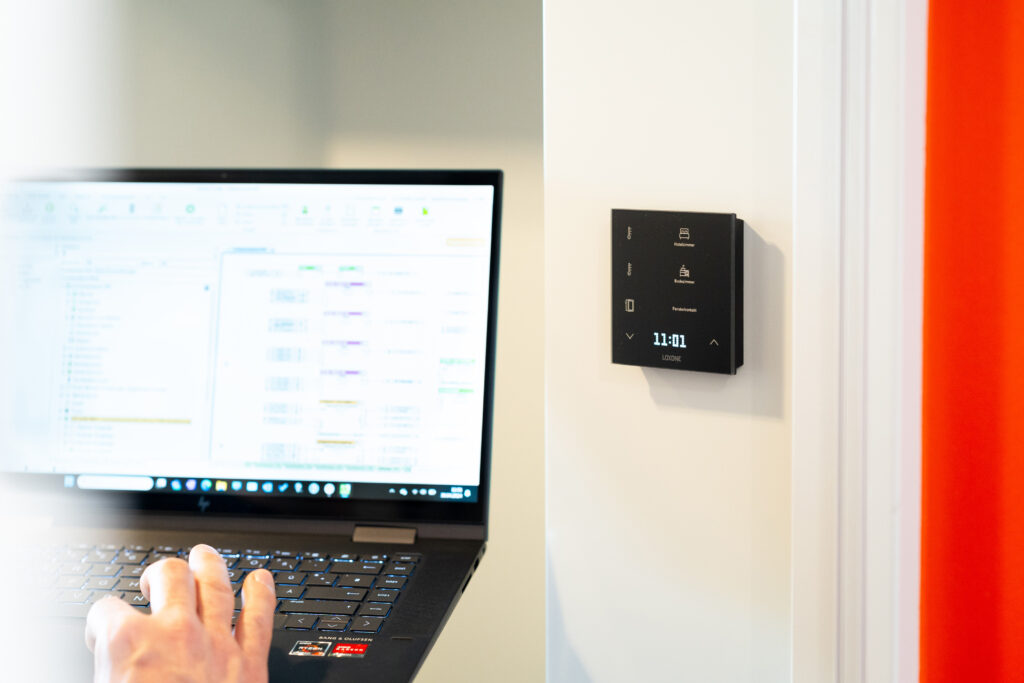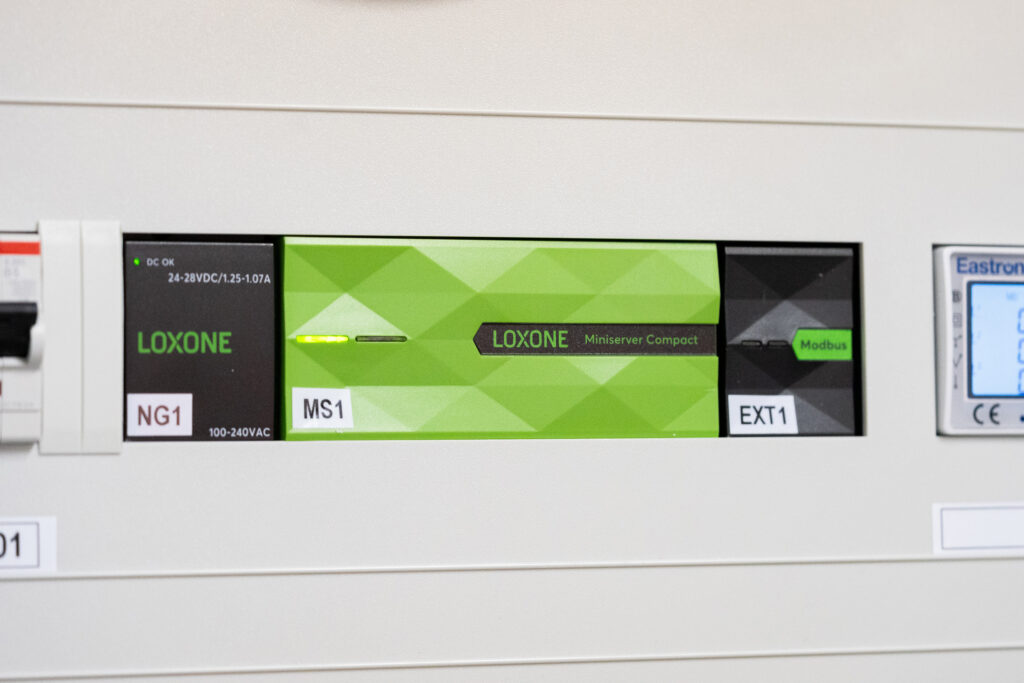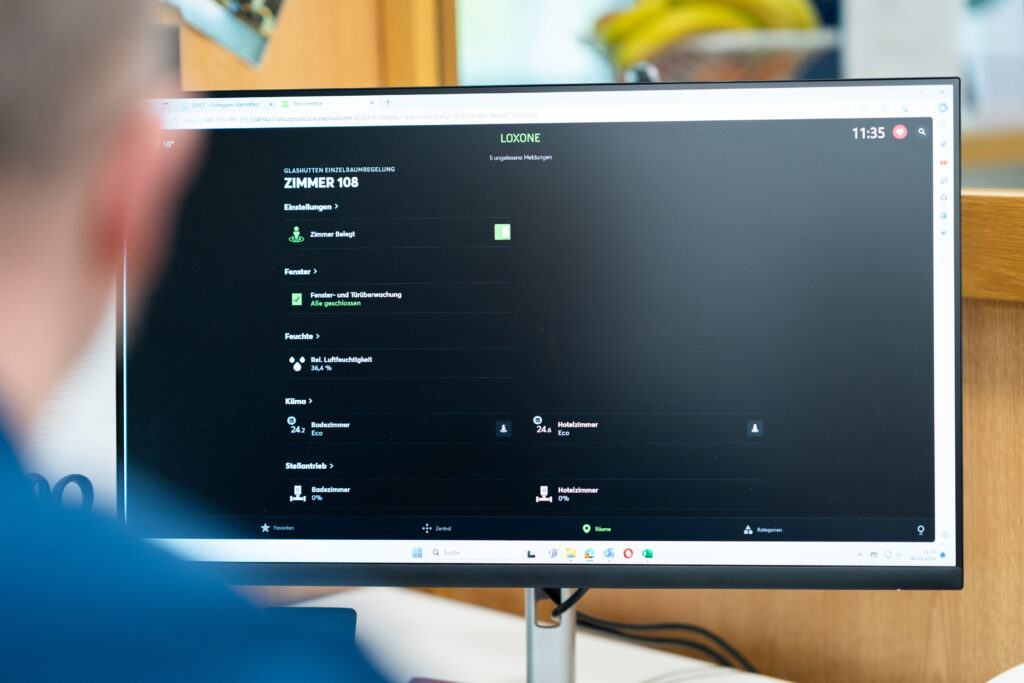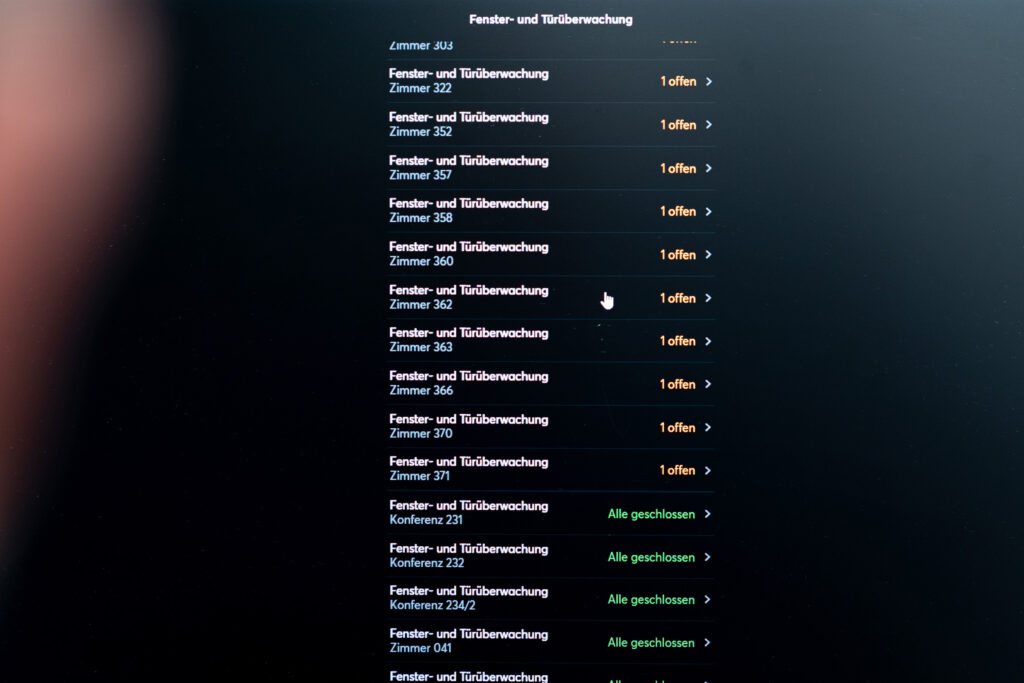Collegium Glashütten
Fact check
Country
{{getRegion('DE')}}
City
Glashütten
Area
15000
Loxone partner
Challenge
Hotels with seminar rooms often have a highly fluctuating occupancy rate. While seminar rooms are heavily used during the day, room occupancy can vary greatly depending on the season, events or other factors. The ability to control temperatures separately in different zones of the hotel is important to ensure energy efficiency.In a hotel with a wellness area, implementing an energy management system that monitors, analyzes and optimizes energy consumption can help identify and reduce unnecessary energy consumption.
Solution
In the hotel, all 127 rooms and 27 seminar rooms are controlled by 8 Miniservers distributed in the various parts of the building using intelligent room control. Operation is intuitive via a Touch Pure Flex Air in the respective room or centrally via the Loxone App. This is supplemented by window contacts to turn off the radiators when the window is open and to signal to the staff whether a window has been forgotten to be closed.Thanks to the many interfaces of the Loxone system, integration into the existing hotel software was prepared in order to automatically coordinate room occupancy with the room control. This means that an unoccupied room is not heated to save energy and is automatically preheated to a comfortable temperature on arrival. The temperature is also lowered in bedrooms during the day when the guest is not in their room.
This saves a considerable amount of heating energy.
In addition, energy consumption is recorded by 27 Modbus converter meters in order to analyze and optimize it. This should reduce future energy consumption.
Thanks to the different communication technologies that Loxone makes available, it is possible to scale such a complex control system and adapt it to the needs of a hotel.
Dominik von RüdenProject Manager
Another aspect that is very worth highlighting in projects like this is that the programming tools available at Loxone not only offer the possibility of customizing the operation proposed by the customer, but, more importantly, of adapting it over time according to the experience gained or changes in criteria or demands.
